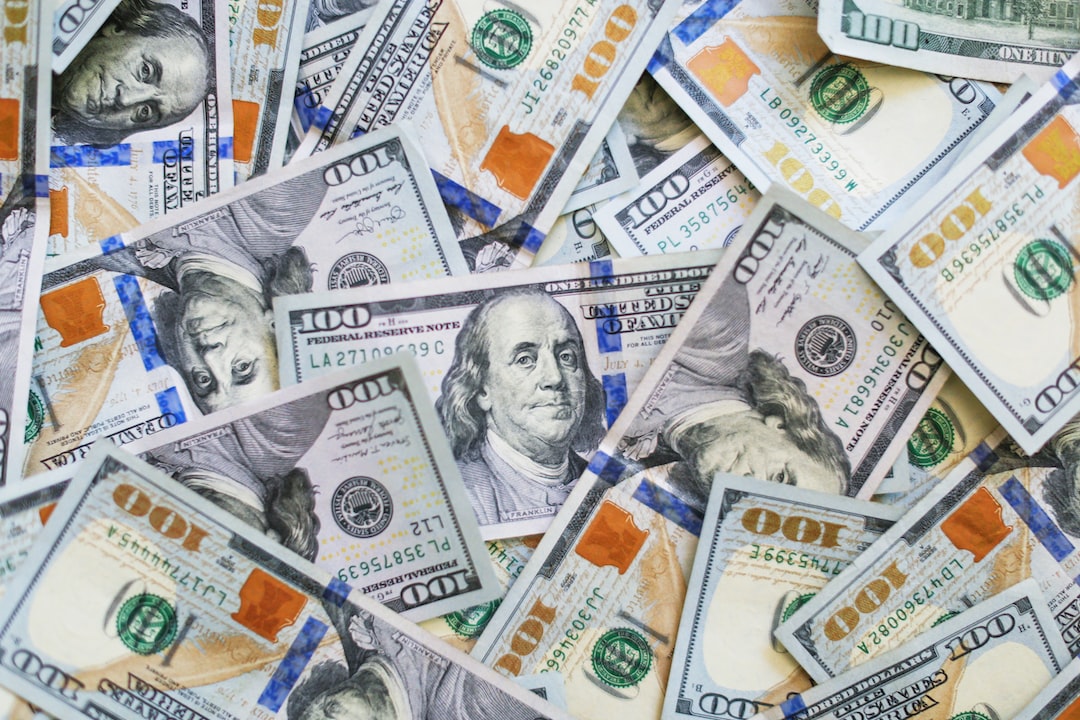The foreign exchange market, commonly known as Forex, is a decentralized global market where different currencies are traded. Forex trading is a lucrative business, and traders make profits by buying and selling different currencies. However, like any other business, Forex trading is subject to taxation. In this article, we will explain how Forex accounts pay tax.
Forex trading is subject to taxes, just like any other business. The taxation of Forex accounts varies from country to country. In the United States, Forex trading is taxed under the Internal Revenue Service (IRS) tax rules. Forex traders in the US will have to file taxes under the rules of Section 988 of the Internal Revenue Code.
Under Section 988, Forex traders have to pay taxes on their profits and losses at a rate of 60% long-term capital gains tax and 40% short-term capital gains tax. The long-term capital gains tax applies to trades that are held for more than one year, while the short-term capital gains tax applies to trades that are held for less than one year.
Forex traders in the US have to file Form 8949 and Schedule D to report their Forex trading activities. Form 8949 is used to report capital gains or losses from the sale of assets, including Forex trades. Schedule D is used to report the total capital gains or losses from Form 8949.
Forex traders in the US can also deduct their trading expenses, such as the cost of software, data feeds, and internet fees, from their taxable income. These expenses can be deducted on Schedule C or Schedule C-EZ, which are used to report business income or losses.
In the United Kingdom, Forex trading is also subject to taxation. Forex traders in the UK have to pay capital gains tax on their profits. The capital gains tax rate is currently 20%, and traders can deduct their trading losses from their taxable income.
Forex traders in the UK have to file a Self Assessment tax return every year. The tax return must include all the details of the Forex trading activities, including the profits and losses made during the year. Forex traders in the UK can also deduct their trading expenses from their taxable income.
In Australia, Forex trading is also subject to taxation. Forex traders in Australia have to pay capital gains tax on their profits. The capital gains tax rate depends on the trader’s income and the amount of time the trade is held. If the trade is held for less than one year, it is subject to the trader’s marginal tax rate. If the trade is held for more than one year, it is subject to a discounted tax rate.
Forex traders in Australia have to file a tax return every year. The tax return must include all the details of the Forex trading activities, including the profits and losses made during the year. Forex traders in Australia can also deduct their trading expenses from their taxable income.
In conclusion, Forex trading is subject to taxation. Forex traders in different countries have to pay taxes on their profits and losses, and the taxation rules vary from country to country. Forex traders have to file tax returns every year and report all the details of their trading activities. Traders can also deduct their trading expenses from their taxable income. It is essential for Forex traders to understand the taxation rules in their country and comply with them to avoid any legal issues.





